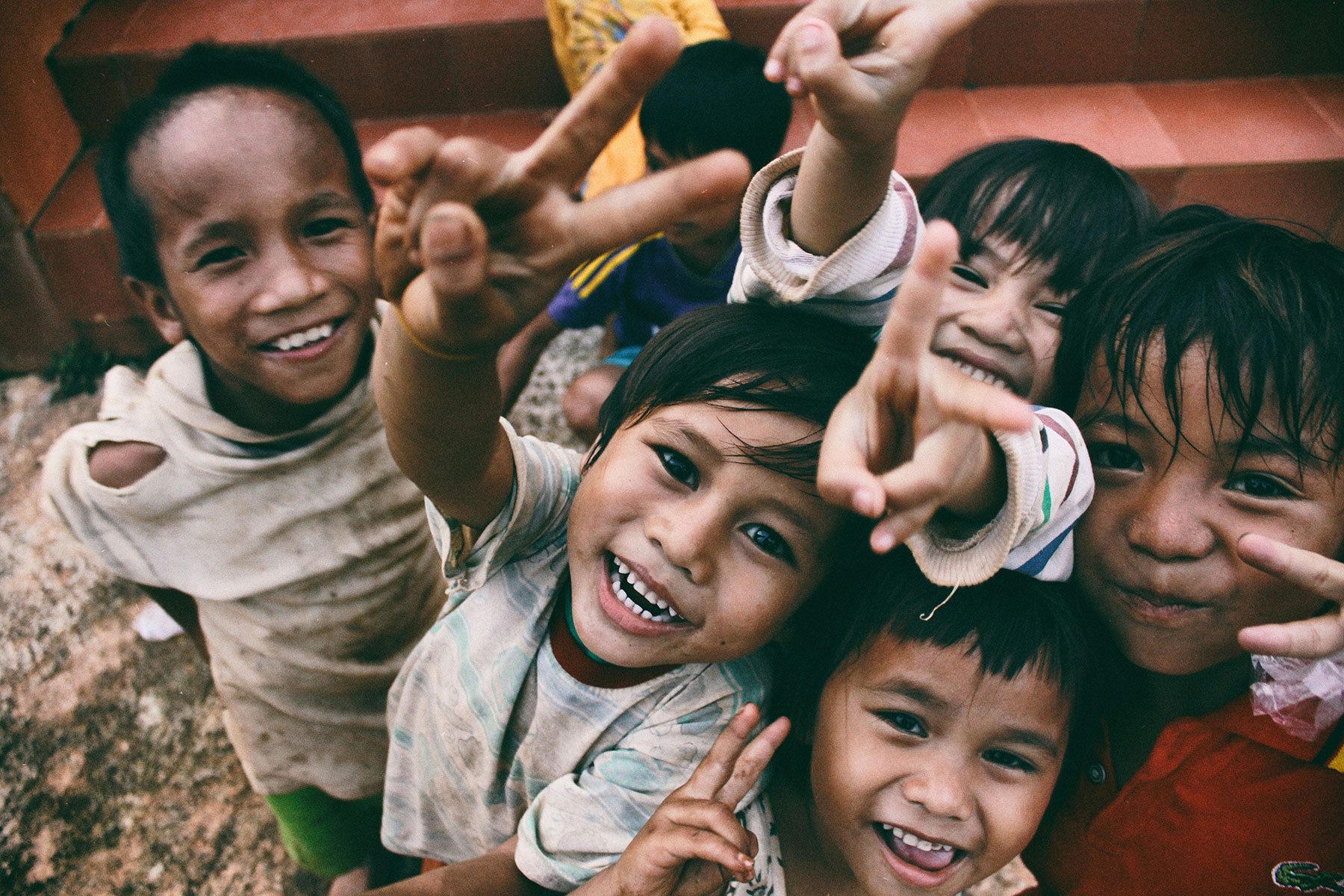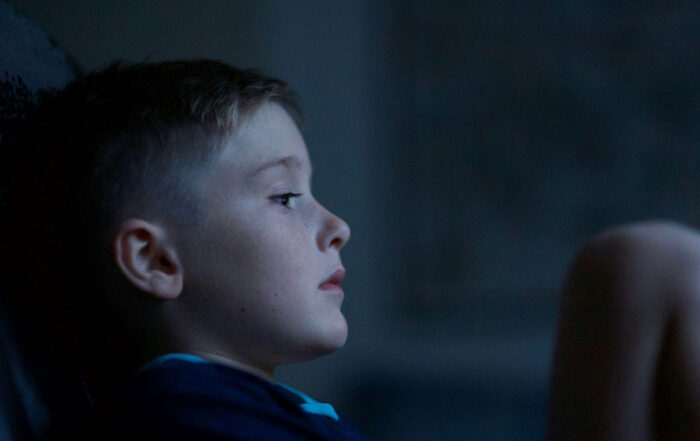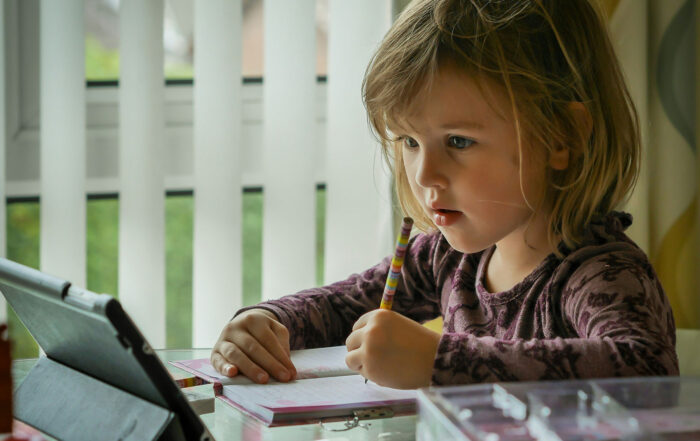
By the Robert Wood Johnson Foundation
Princeton, N.J.—New national data show that at least 38 percent of children in every state have had at least one Adverse Childhood Experience or ACE, such as the death or incarceration of a parent, witnessing or being a victim of violence, or living with someone who has been suicidal or had a drug or alcohol problem. In 16 states, at least 25 percent of children have had two or more ACEs. Findings come from data in the Health Resources and Services Administration’s (HRSA’s) 2016 National Survey of Children’s Health and an analysis conducted by the Child & Adolescent Health Measurement Initiative (CAHMI) at the Johns Hopkins Bloomberg School of Public Health. The Robert Wood Johnson Foundation (RWJF) has collaborated with and supported the work of CAHMI and is working with CAHMI to release today’s data.
ACEs can have serious, long-term impacts on a child’s health and well-being by contributing to high levels of toxic stress that derail healthy physical, social, emotional, and cognitive development. Research shows that ACEs increase the long-term risk for smoking, alcoholism, depression, heart and liver diseases, and dozens of other illnesses and unhealthy behaviors. The new data show that 33 percent of children with two or more ACEs have a chronic health condition involving a special health care need, compared to 13.6 percent of children without ACEs.
Share This Post!
Afraid to sleep indoors: Child survivors of deadly quake left traumatized
By Zeena Saifi, Dalya Al Masri and Nadeen Ebrahim, CNN For victims in Syria, the earthquake is another crisis amid a devastating 12-year civil war. Children and families who were recovering from PTSD and ongoing trauma from [...]
How to Cope with Vicarious Trauma Caused by Videos of Police Brutality
By Jade Hindmon, NPR Many of us spent recent days thinking about the life of a man we never met. And yet, particularly for Black people, know very well. Tyre Nichols [...]
The Effects of Racial Trauma on Mental Health: Deaths Captured on TV and Media
National Alliance on Mental Illness Racial tension is once again at a critical tipping point in the U.S. Many people have asked, “Why now? Why was the death of George Floyd [...]
Behavioral Health Specialists Help Locals Kick the Winter Blues
By Brian D. King Christmas, New Year’s, and the winter months feel blue to many. While the season brings together family, which for many is a source of joy, but for [...]
Penn State Researchers Publish Study on Adolescent Recovery from PTSS
By Melissa Krug Children in the United States may be exposed to a high rate of adverse experiences that result in post-traumatic stress symptoms (PTSS), which can appear as feelings of [...]
Break the Silence; New Intensive Online Program to Help PTSD, Trauma and Anxiety
Purple Heart Behavioral Health This innovative new online program offers treatments that have been scientifically shown to be effective in helping people overcome these difficulties. Clinically proven treatments delivered conveniently through [...]







